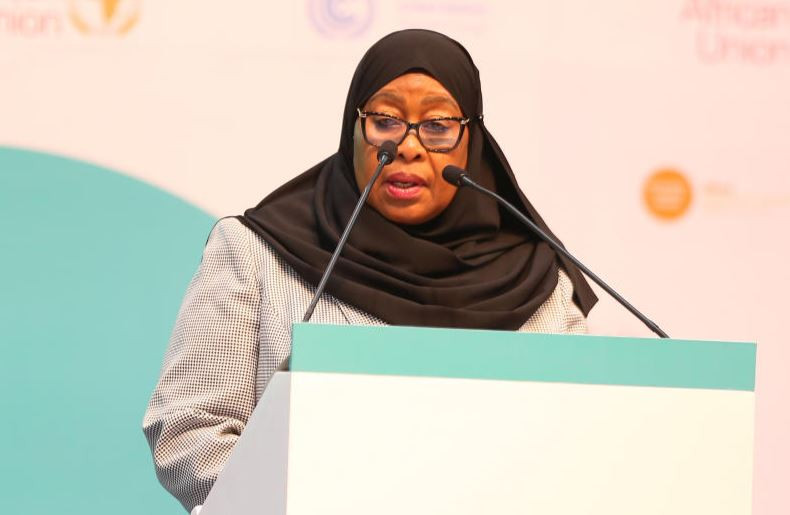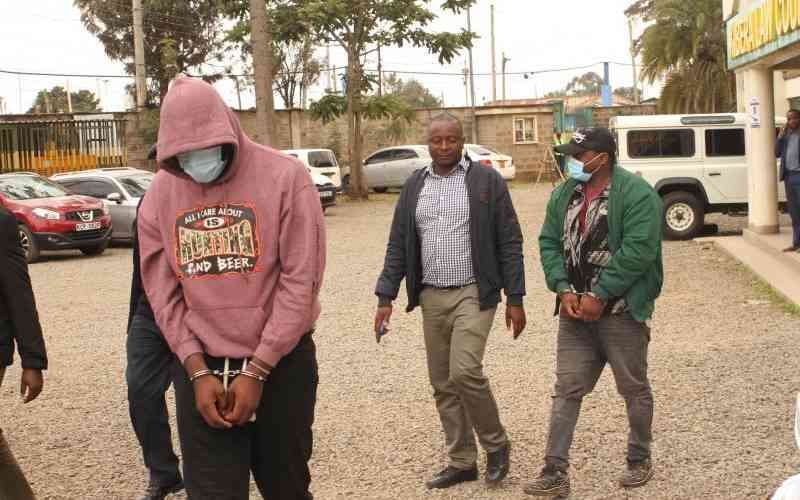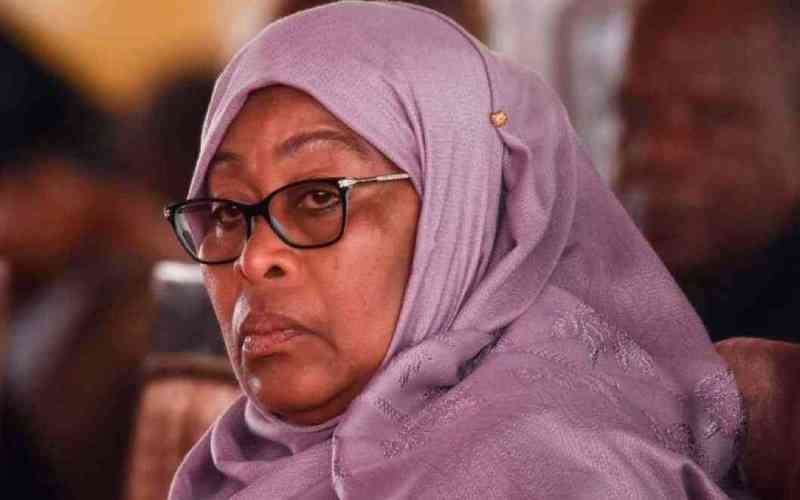
I watched in tears as human rights defenders Agatha Atuhaire and Boniface Mwangi narrated their traumatic experiences of torture and ill-treatment in Tanzania. The two had traveled to attend the treason trial of opposition leader Tundu Lissu, a trial already raising alarms about political repression. What they endured was nothing short of state-sanctioned brutality: physical assault, verbal abuse, and sexual harassment while in custody. These are not isolated incidents. They meet the internationally accepted definition of torture.
According to the UN Convention Against Torture (UNCAT), torture includes any act that inflicts severe physical or mental pain intentionally, for a specific purpose, by or with the consent of public officials. Tanzania has an obligation to prohibit, prevent, investigate, and redress acts of torture. These obligations are echoed in regional instruments such as the African Charter on Human and Peoples’ Rights.
It is a cruel irony that Tanzania, which plays host to the African Court on Human and Peoples’ Rights in Arusha, is fast becoming a symbol of impunity. The state’s silence following credible allegations of torture against foreign nationals is deafening. So far, there has been no statement, let alone condemnation, from the Tanzanian government. Equally disappointing is the silence of the Kenyan Ministry of Foreign Affairs, which has yet to demand accountability for the mistreatment of its citizen, Mwangi.
The East African spirit, jumuiya, once celebrated in our shared anthem and regional solidarity, now feels hollow. This is not the East Africa we dreamed of; this is not the East Africa we fought for.
Police cells
Atuhaire and Mwangi stated that they intend to pursue justice through Tanzania’s legal system first, a necessary step to exhaust local remedies before seeking recourse through regional or international mechanisms. However, in a system where lawyers were reportedly threatened into abandoning them in police cells, we must remain sceptical, but supportive, of any promises of domestic justice. Justice must not only be done; it must be seen to be done.




As a human rights lawyer, I am guided by the words of Dr Martin Luther King Jr, “Injustice anywhere is a threat to justice everywhere.” We cannot afford silence. We cannot allow torture and ill-treatment to become normalised.
To ensure that Atuhaire and Mwangi receive justice, a holistic approach must be embraced, one that puts survivors at the centre, provides psychosocial and legal support, and connects litigation with broader advocacy and movement-building. Strategic litigation should not only hold perpetrators accountable but must challenge the structures that enable torture in the first place. This includes demanding criminal investigations, pursuing reparations, amplifying survivor voices in the media, and engaging regional mechanisms like the African Commission on Human and Peoples’ Rights.
The wheels of justice may turn slowly, but they must turn. Let us keep pushing. Let us refuse to normalise state-sponsored cruelty. Let us be relentless in demanding justice, not just for Atuhaire and Mwangi, but for every victim who may never make the headlines. Because silence is complicity. And complicity is a betrayal of justice.
Ms Mutua is a human rights advocate. [email protected]